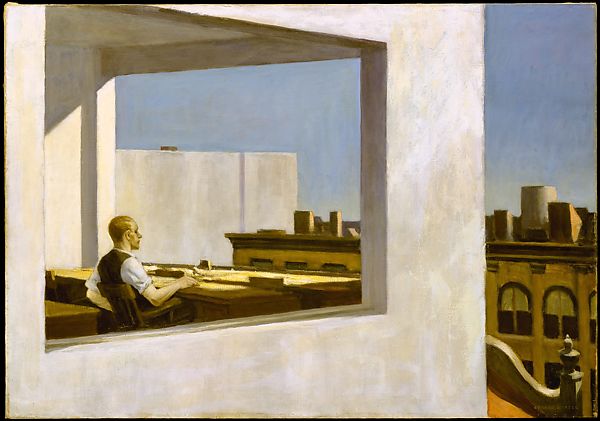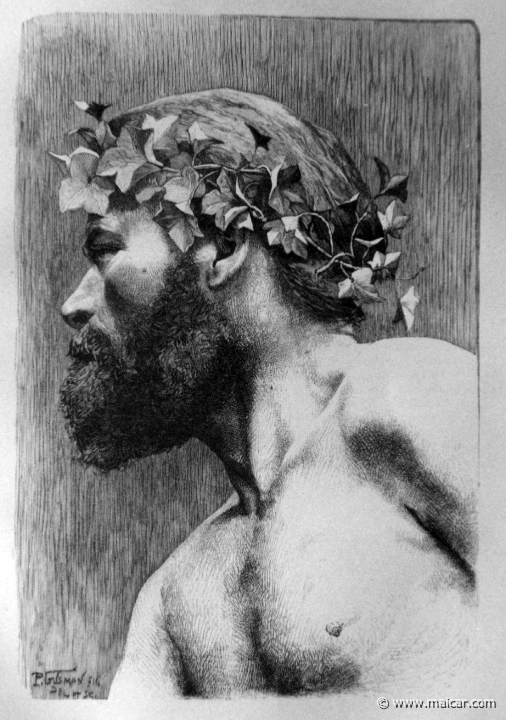About Silenus the Solipsist

I have wanted to contribute some small thing to civilization. Such an ambition is not that terribly hard to satisfy, but fear and pride are powerful emotions and both undermine one’s ability to show whatever little creativity we each have managed to shield from the beating we endure between adolescence and adulthood. Fortunately, I have preserved a modest portion of a healthy, but not extensive, creativity of mind. Hopefully what was formerly raw and in greater quantities can be put to some more productive exercise.
All writing, even if it is not meant to be confessional, is revealing to the inner character of the person doing it. Silenus the Solipsist is a helpful character, who shares a great deal of my philosophical beliefs and creative ambitions. Solipsism is the philosophical position that takes very seriously the observation, first made by Descartes, that we must be skeptical of our experience of the world before we can have any certain knowledge of its contents. Descartes went so far as to doubt the existence of anything but hid own mind, giving all introduction to philosophy students their first and most obnoxious insight, the cogito. Cogito ergo sum, “I think, therefore I am”. All it means is that, though I can doubt all my sensory experiences and the very nature of my own experiences, I cannot have any doubt that I am in fact having an experience. Existence, from the first person experience of the thinker thinking away, is indisputable.
The cogito is one of the most important precepts in western philosophy and will be the basis of later and particularly influential work; the Existentialists, most notably Sartre, will ultimately note that “existence precedes essence” and Heidegger before them will note that not-Being rather than Being is the first position in philosophical analysis, inverting the original Cartesian position. Solipsists took the skepticism seriously, and couldn’t move past it. The ultimate payoff of the Cartesian paradigm is that we can have securable knowledge of the world through a rational system of analysis with a particular flavor (contra the empiricists) but Solipsism remains in the first position of doubt. Solipsism is then the position that a thinking person can only be certain of their own existence in the universe and that they may very well be alone, the only mind. It is a philosophical position that is both accessible and intuitive as it echoes the kinds of doubts and skepticism available to all of us at one time or another.
Silenus, in Greek mythology, is known to be a follower of the god of wine and merriment, Dionysus, a particularly drunk and particularly wise follower. There isn’t much need to say more about Silenus the Solipsist except to say that he is particularly interested in Death, Finitude, Impermanence, Love, Meaning, and Self-Destruction.
